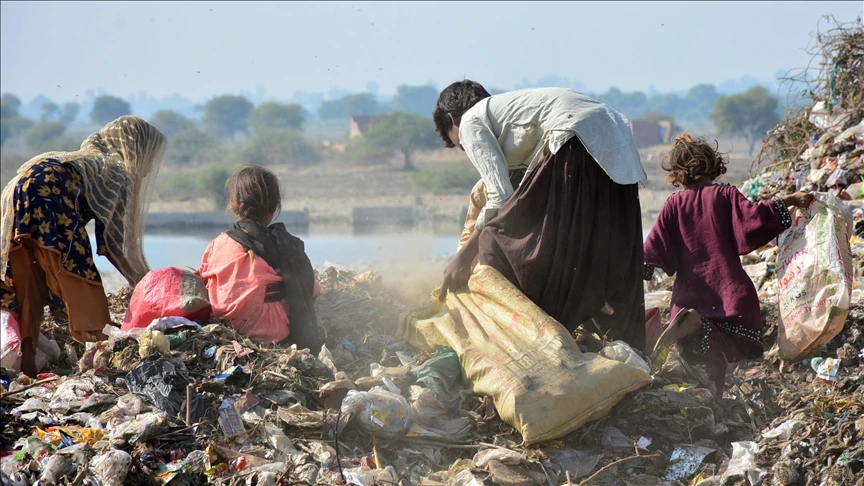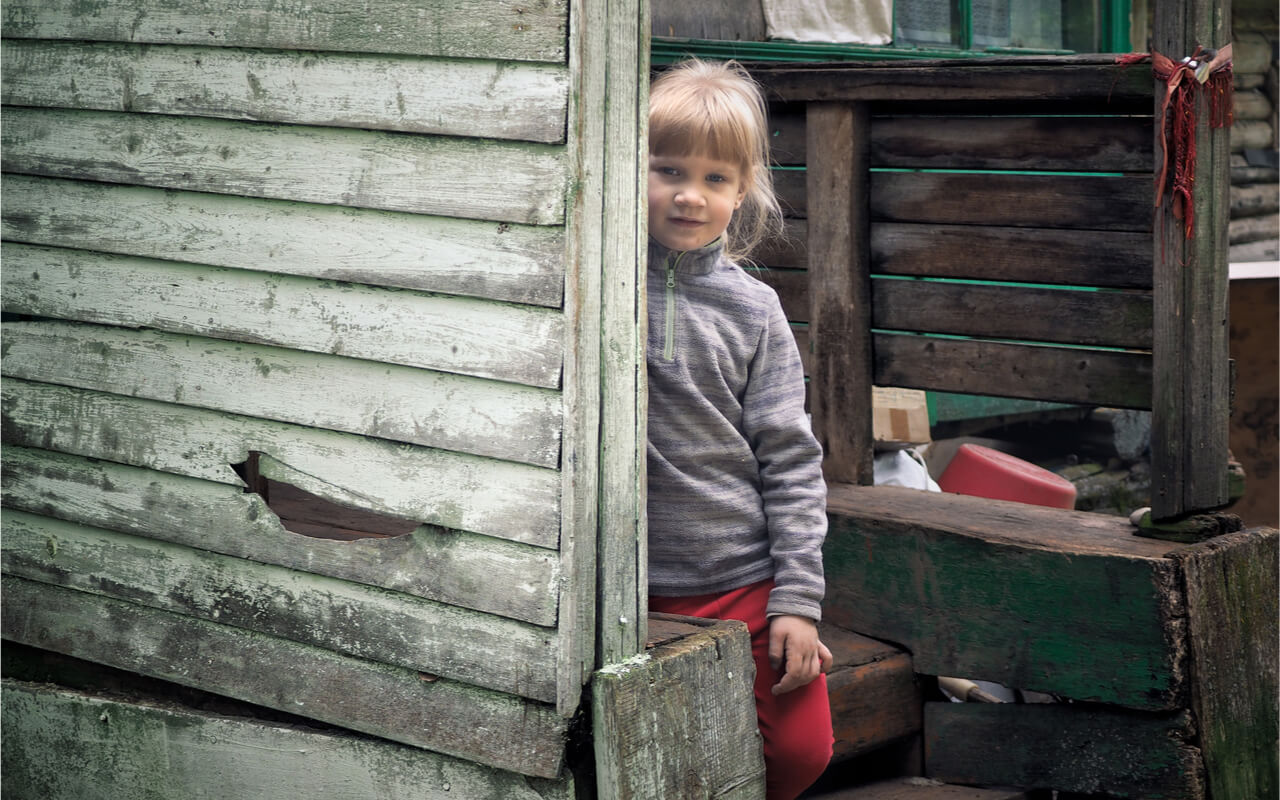Türkiye ranks 2nd-worst in OECD for child poverty
 Child poverty, photo AA Photos
Child poverty, photo AA Photos
Türkiye had 22.2 million children under 18 years old by the end of 2023. Among them, 7.6 million live in relative poverty, meaning their family income is less than 60% of the national average. This affects nearly one-third of all children in Türkiye. Alarmingly, 3.5 million of these children are in the crucial developmental ages of 0 to 8.
Increasing child poverty rate
In comparison with adult indigency, the situation for children is significantly worse. While adult poverty hovers at around 17%-18%, child poverty in Türkiye is estimated at 33%-34%. This stark contrast highlights the disproportionate impact of indigency on younger generations.
Income distribution: Concerning divide
Research shows that when calculating based on equivalised household income – which considers the number of household members – 31.3% of children in Türkiye were classified as poor in 2022. However, when measured on a per capita income basis, this rate jumps to 42.4%, affecting nearly 9.6 million children. The data indicate a steady increase in child poverty since 2017, exacerbating the country’s already pressing poverty concerns.

International comparison: Türkiye among worst in Europe
Türkiye has a high child indigency rate compared to European Union countries. According to the UNICEF Innocenti Report Card 18, Türkiye ranks 38th out of 39 EU and OECD countries, with a child poverty rate of 33.8%. Only Colombia has a lower rate.
In contrast, countries like Denmark (9.9%), Slovenia (10.0%), and Finland (10.1%) lead with the lowest child poverty rates. European countries benefit from robust social welfare systems that help alleviate the financial strains on families with children. In Türkiye, however, the absence of comprehensive social support systems leaves many children vulnerable.
Social protection and economic policies: Gaps in system
Economist Hakan Yilmaz points out that Türkiye’s Medium-Term Program (OVP) lacks policies aimed at addressing child inequality. Furthermore, Yilmaz warns that slow economic growth and increasing unemployment could deepen poverty, reducing resources allocated to children. Without reform, the situation for Türkiye’s youngest population may worsen.
Solutions and path forward
Reducing child indigency in Türkiye will require a multifaceted approach, including:
- Expanding social protection programs, particularly cash benefits for families with children.
- Improving access to education, health care and nutrition for all children.
- Ensuring decent work for parents, alongside family-friendly policies.
- Addressing income inequality, especially for marginalized groups such as migrant and low-income families (according to UNICEF-Innocenti-Report).



